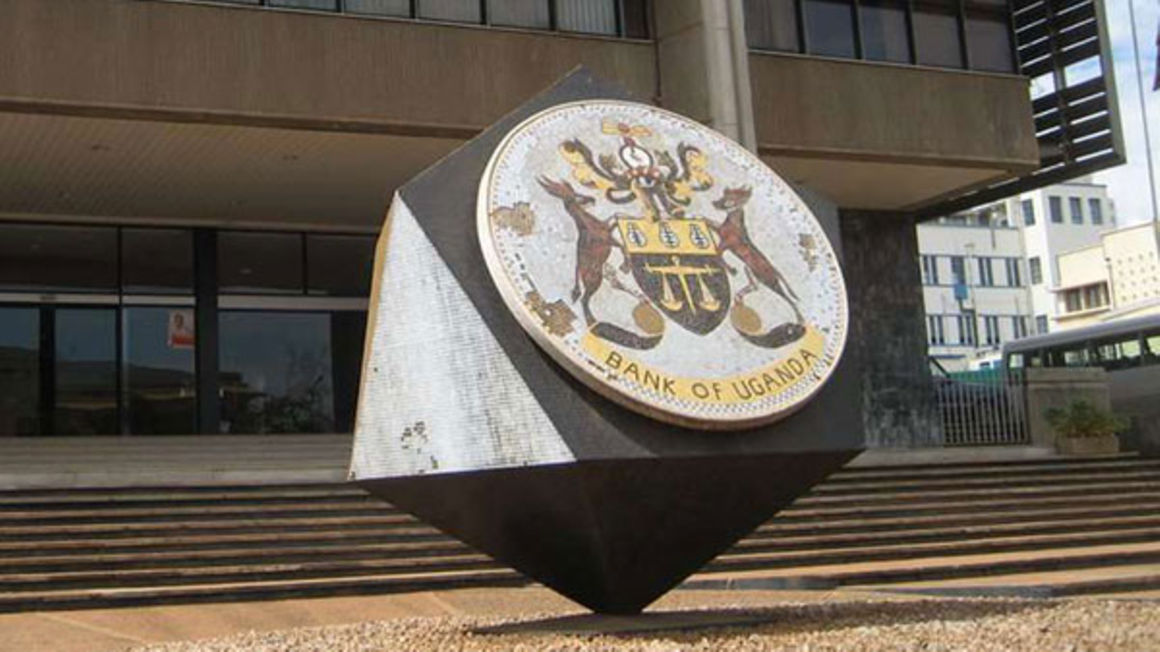KAMPALA, October 25, 2025 — Uganda’s economy has continued to display strong resilience and stability despite a complex and evolving global environment marked by geopolitical tensions, commodity price swings and tight financial conditions. The latest Bank of Uganda’s State of the Economy Report for September 2025 reveals that the country’s robust policy coordination and domestic demand have kept growth on track.
In its latest assessment, the Central Bank describes Uganda’s macroeconomic performance as remarkably stable highlighting that the economy continues to demonstrate resilience…, despite a complex and evolving global landscape.
While global growth has slowed, the report notes a moderate improvement in outlook with world output projected to grow by 3.0 percent in 2025 and 3.1 percent in 2026. The Bank attributes this to easing trade tensions and more stable financial markets but warns that persistent geopolitical tensions, trade policy uncertainty, and geo-economics fragmentation continue to threaten recovery.
The global economy, it adds, is shifting away from traditional globalisation towards regionalisation and protectionism, with increasing formation of trade blocs, rival technological systems, and fragmented financial networks.
Domestically, Uganda’s economy expanded by 6.3 percent in financial year [FY] 2024/2025, up from 6.1 percent in the previous year, a performance driven largely by strong growth in agriculture [6.6 percent] and industry [7.0 percent]. The Bank attributes this momentum to increased activity in livestock, fishing, construction, electricity generation, and manufacturing.
BoU notes that while the services sector moderated slightly to 5.4 percent, overall demand and investment remained strong, boosted by higher government spending and vibrant private sector activity. The report emphasises that positive trends in the Purchasing Managers’ Index, Business Tendency Index, and consumer confidence indicators continue to signal economic resilience.
Looking ahead, growth is projected to remain firm between 6.0 percent and 6.5 percent in FY2025/26 supported by private sector investment, expansion in the extractive industries, and major infrastructure projects. Over the medium term, gross domestic product [GDP] growth is expected to average 8.0 percent, assuming continued macroeconomic stability and effective policy implementation.
On the inflation front, Uganda continues to enjoy stability. Inflation remained broadly stable over the twelve months to August 2025, with headline and core inflation averaging 3.5 percent and 4.0 percent, respectively.
The Bank attributes this to prudent monetary management, a steady exchange rate, and good food supply.
Inflation is expected to remain within the Bank’s target range, with core inflation projected between 4.5 percent and 4.8 percent during FY2025/26 before stabilising at 5.0 percent in the medium term. The Bank, however, warns of potential risks from “exchange rate depreciation, commodity price volatility, and adverse weather patterns.”
To maintain this balance, the Monetary Policy Committee [MPC] held the Central Bank Rate [CBR] steady at 9.75 percent during its August 2025 meeting, a cautious stance aimed at anchoring inflation while supporting investment and growth. The rediscount and bank rates remain at 12.75 percent and 13.75 percent, respectively.
The report underscores that the current inflation trends, coupled with a steady policy rate, reflect a measured approach to balancing price stability and sustained economic growth. Over the past year, this strategy has helped protect the value of Ugandans’ incomes and savings while keeping exchange rate volatility in check.
BoU also reaffirmed its vigilance in the face of external risks including climate shocks, declining donor inflows, and unstable global financial conditions.
“To cushion Uganda against these shocks, the Bank will ensure that foreign exchange reserves remain adequate and liquidity in the financial system is sufficient to support macroeconomic stability,” the report notes.
The central bank adds that its monetary policy will remain moderately tight, flexible, and forward-looking to guard against inflation, maintain exchange rate stability, and respond swiftly to global shocks.
Looking to the future, the Bank says Uganda’s growth strategy rests on four priority sectors; Agro-industrialisation, Tourism, Minerals [including oil and gas], and Science, Technology & Innovation [ATMS] which are expected to anchor industrialisation, job creation and value addition.
By preserving price stability and investor confidence, the Bank believes it is laying the foundation for Uganda’s tenfold growth strategy, a long-term plan to transform the economy amid an uncertain global environment.
The report stresses that Uganda’s outlook remains favorable, but cautious.
“The economy is on a solid growth path, inflation is well-contained, and the monetary policy stance remains appropriate. However, both domestic and external risks continue to evolve, and the Bank remains ready to adjust policy as necessary to safeguard stability and support inclusive growth,” the Bank notes.
https://thecooperator.news/ugandas-economy-demonstrates-resilience-as-exports-under-pressure-report/
Buy your copy of thecooperator magazine from one of our country-wide vending points or an e-copy on emag.thecooperator.news
